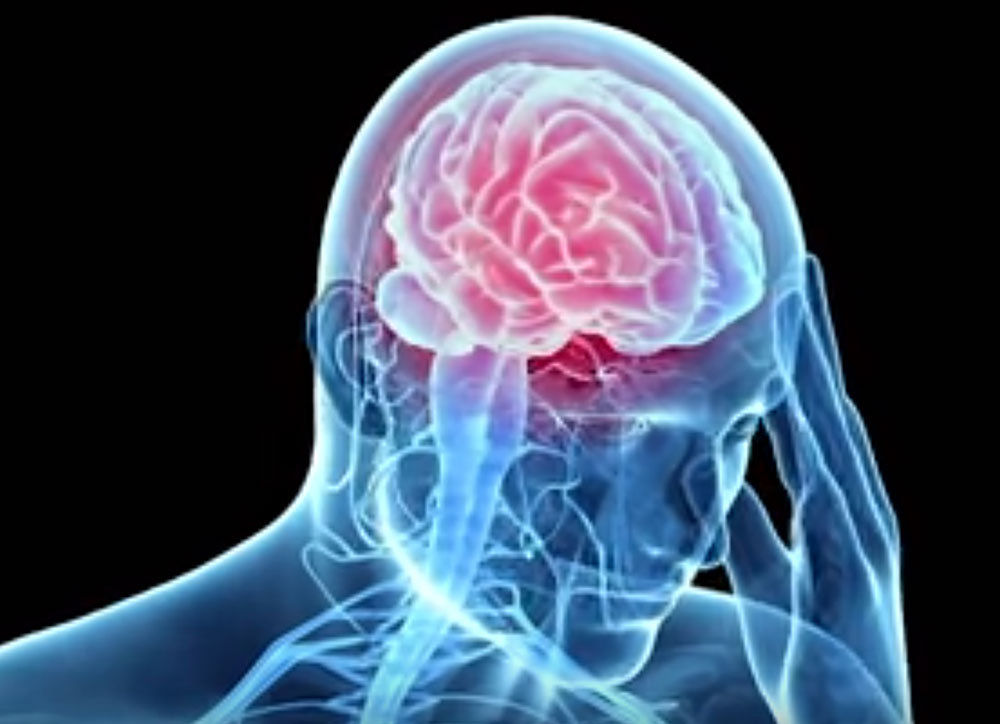
Introduction:
1. Significance of Neurology
Neurology, the medical discipline dedicated to the study and treatment of disorders affecting the nervous system, plays a critical role in healthcare. The nervous system, comprising the brain and spinal cord, controls every aspect of our body, making neurology an indispensable field for understanding and addressing neurological conditions. In recent years, Thailand has emerged as a leading player in neurology, earning recognition for its innovations in brain and nerve treatments.
A. Thailand’s growing reputation in neurology
Thailand’s medical community continues to gain recognition for expertise in neurology. This reputation is driven by a combination of factors, including highly skilled medical professionals, state-of-the-art facilities, and a thriving medical tourism sector that encourages collaboration and investment in cutting-edge technology.
B. Advances in Brain and Nerve Medicine
Neuroscience treatments have evolved significantly over the years, thanks to breakthroughs in medical science and technology. Thailand, in particular, has made notable strides in this field. One such advancement is Deep Brain Stimulation (DBS), a cutting-edge technique used to manage conditions like Parkinson’s disease and essential tremors. DBS treatments have been invented by Thai neurologists, giving sufferers all around the globe fresh hope. Since then, there could have been more developments.
Brain surgery with little incision:
Thai neurosurgeons are increasingly treating a variety of neurological diseases using less invasive procedures like endoscopic surgery and keyhole surgery. These techniques involve smaller incisions, less tissue disruption, and faster recovery times for patients.
2. Intraoperative Imaging:
Advanced imaging technologies such as intraoperative MRI and CT scans have become more accessible in Thai neurosurgical centers. These technologies allow surgeons to obtain real-time images during surgery, facilitating precise tumor removal and reducing the risk of damage to critical brain structures.
3. Neuroendoscopy:
Endoscopic procedures have been used to treat conditions such as hydrocephalus and intraventricular tumors. High-resolution neuroendoscopes have been included in the practice of Thai neurosurgeons, allowing them to examine and manage complicated disorders inside the ventricular system of the brain.
4. Neuro-Navigation System:
Thai neurosurgeons have adopted neuro-navigation systems that use 3D imaging, computer software, and GPS-like tracking to increase surgical accuracy. These systems help surgeons plan and execute procedures with greater precision, especially in cases involving deep-seated tumors or complex anatomical structures.
5. Functional Brain Mapping:
In cases where the surgery involves the removal of a brain tumor located near an important brain region, Thai neurosurgeons use effective brain mapping techniques. This involves stimulating different areas of the brain to identify essential functions and avoid post-operative deficits.
6. Laser Interstitial Thermal Therapy (LITT):
LITT is a minimally invasive technique used to treat brain tumors and epilepsy. Thai neurosurgeons have incorporated LITT systems that use laser energy to precisely target and destroy abnormal brain tissue while minimizing damage to healthy surrounding tissue.
7. Neuromonitoring:
Thai neurosurgical teams employ advanced neuromonitoring techniques to continuously assess brain function during surgery, ensuring patient safety and minimizing the risk of neurological complications.
8. Robotic-Assisted Surgery:
Although not as widespread as in some other countries, robotic-assisted surgery has gained traction in Thailand. Some neurosurgical centers have integrated robotic systems to assist in brain tumor removal and other complex procedures, increasing precision and control.
9. 3D Printing:
Customized 3D-printed models of patients’ brains have been used for operative planning and training purposes. Thai neurosurgeons can test these models to better understand a patient’s unique anatomy and plan surgery more effectively.
10. Telemedicine and Telesurgery:
With advances in telemedicine technology, Thai neurosurgeons are able to consult with experts from around the world, share knowledge, and even perform telesurgery in remote or underserved areas.
C. Thailand’s medical tourism industry
Thailand’s medical tourism industry is a major factor in the country’s advancement in neurology. With world-class hospitals and healthcare facilities, Thailand has become a preferred destination for patients seeking neurological treatment. The influx of international patients has spurred investment in research, technology, and medical infrastructure, resulting in significant advances in the field
E. Challenges and Future Prospects
Although Thailand has made significant progress in neurology, there are challenges and opportunities on the horizon. A challenge is to ensure that these advanced treatments remain accessible to a broad spectrum of patients. State-of-the-art methods can be costly, and efforts must be made to ensure that they are affordable and available to all who need them, both locally and internationally.
Additionally, ongoing research and development are critical to sustaining Thailand’s leadership in neurology. Continued collaboration with global experts and institutions will spur innovation and drive the discovery of novel treatments and therapies. Thailand has the potential to become a hub for international partnerships in neuroscience research.
Global Impact of Neurology Advances in Thailand
Thailand’s contribution to neurology extends beyond its borders. As the country continues to refine and expand its neurological treatments, these innovations have the potential to shape the future of healthcare worldwide. Techniques and therapies developed in Thailand can serve as models for other nations and inspire further advances in the field.
Wide range of benefits of medical tourism
The success of Thailand’s medical tourism industry, driven by its excellence in neurology, has had an impact on the economy. It has created jobs, boosted local businesses, and attracted international investment. The success of the medical tourism sector goes hand in hand with the advancement of healthcare, creating a win-win situation for the country.
Conclusion
Thailand’s ascension to a leading role in neurology is a testament to its unwavering commitment to providing world-class healthcare. A combination of skilled medical professionals, advanced facilities, and a thriving medical tourism sector have put the country at the forefront of neurological care. Thailand’s innovations in brain and neuro medicine, exemplified by pioneering techniques such as deep brain stimulation, offer hope and healing to patients worldwide.